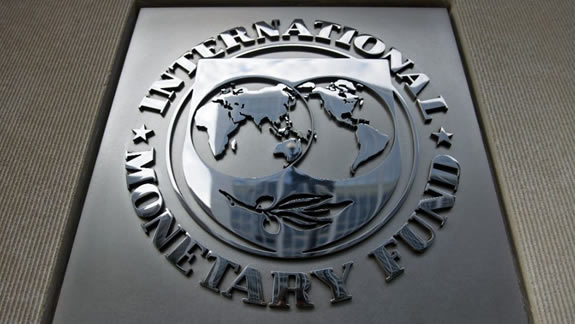Nigeria has successfully fulfilled its financial obligation to the International Monetary Fund (IMF), fully repaying the $3.4 billion loan it received in April 2020 under the Rapid Financing Instrument (RFI). This financial assistance was crucial in mitigating the economic fallout from the COVID-19 pandemic, which severely impacted global oil prices, leading to economic contraction and fiscal strain in oil-dependent nations like Nigeria. The timely repayment, completed by April 30, 2025, signals Nigeria’s commitment to its international financial obligations and reflects a degree of economic recovery and stability. This positive development strengthens the country’s financial standing on the global stage and demonstrates its ability to manage its debt portfolio responsibly.
While the principal loan amount has been settled, Nigeria’s financial interaction with the IMF is not entirely concluded. The country remains obligated to pay annual charges related to Special Drawing Rights (SDRs), a supplementary international reserve asset created by the IMF. These SDR charges, estimated at approximately $30 million annually for the next few years, stem from the difference between Nigeria’s current SDR holdings of SDR 3,164 million (equivalent to $4.3 billion) and its cumulative SDR allocation of SDR 4,027 million ($5.5 billion). These charges, calculated based on the weekly updated SDR interest rate, will continue until Nigeria’s SDR holdings match its total allocated amount. This continued obligation, while significantly smaller than the original loan, highlights the complexities of international financial arrangements and the ongoing costs associated with participating in the SDR system.
The SDR charges, though seemingly technical, represent a significant aspect of the IMF’s financial structure and member countries’ obligations. The IMF’s Articles of Agreement outline the rules and mechanisms governing SDRs, including the charges levied on member countries. These charges essentially represent the cost of holding and using SDRs, ensuring the sustainability and proper functioning of the SDR system. The system is designed to supplement member countries’ official reserves, providing them with additional liquidity and flexibility in managing their international financial positions. Nigeria’s continued payment of SDR charges underscores its active participation within this global financial framework.
Nigeria’s $3.4 billion loan from the IMF represented one of the largest disbursements under the RFI globally. This instrument is designed to provide rapid financial assistance to member countries facing urgent balance of payments needs, often arising from unforeseen events like natural disasters or economic shocks. The RFI typically offers more streamlined access to funds and more flexible repayment terms compared to traditional IMF lending programs. This quick disbursement proved vital for Nigeria in navigating the economic turbulence of the pandemic, allowing the government to address immediate fiscal pressures and support critical sectors of the economy.
The repayment history of the loan reveals a significant jump in debt servicing to the IMF in 2024, reaching $1.63 billion. This amount consisted entirely of principal repayments, without any interest or charges accrued for that year. This concentrated repayment effort demonstrates Nigeria’s prioritization of settling its debt obligations promptly. Furthermore, in the context of Nigeria’s overall external debt servicing, which totaled $4.66 billion in 2024, the IMF’s portion represented a significant share. Multilateral creditors, including the IMF, accounted for the majority of external debt payments, with the IMF alone responsible for approximately 35% during that period. This data underscores the importance of managing relationships with multilateral lending institutions like the IMF in the context of a country’s overall debt strategy.
In conclusion, Nigeria’s complete repayment of the $3.4 billion IMF loan signifies a positive step towards strengthening its economic stability and enhancing its international financial credibility. The timely settlement demonstrates the country’s commitment to fulfilling its financial obligations and managing its debt profile responsibly. While the ongoing SDR charges represent a continuing financial commitment, they are significantly smaller than the original loan and reflect Nigeria’s active participation in the global financial system. The entire episode, from the initial disbursement to the final repayment, highlights the importance of international financial cooperation and the role of institutions like the IMF in supporting member countries during times of economic hardship.


